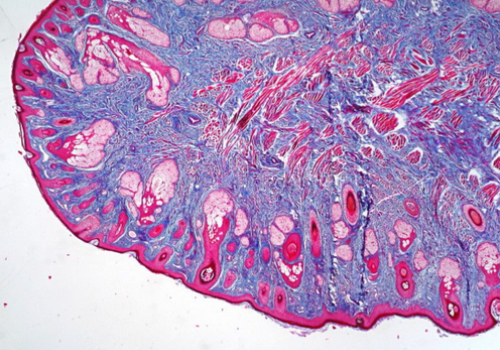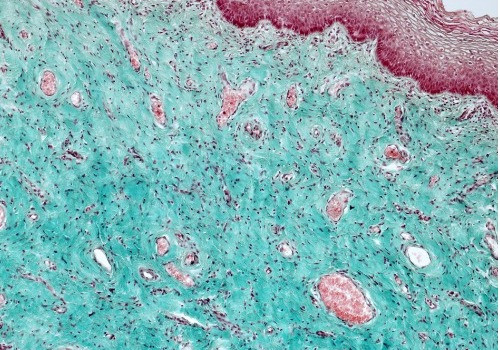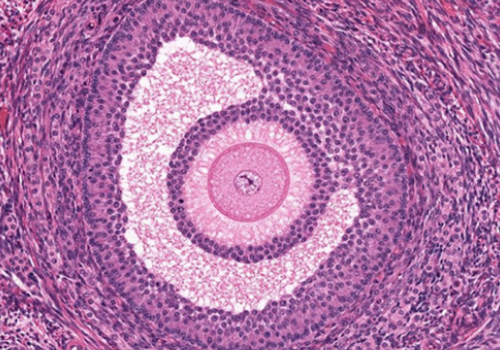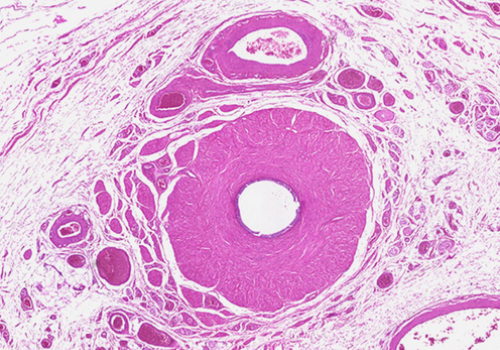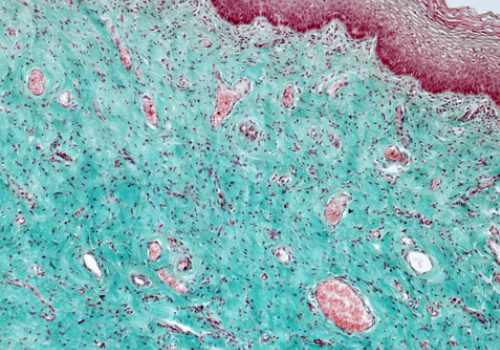Histopathology
Commonly known as anatomic or cellular pathology outside of the UK, histopathology is a well-staffed and supported specialty in the NHS. Nonetheless, the UK still has huge demand for senior pathologists and can offer fantastic career progression, competitive salaries, private work and support with CESR and Specialist Registration.
What are the requirements for an overseas histopathologist to work in the UK?
The qualification route you take may differ depending on your experience and years working in pathology, however satisfying an english language requirement and attaining full GMC registration are both essential.
- IELTS or OET or an acceptable emloyers reference (ask your IMG consultant if this applies to you). This requirement applies to all candidates not already registered with the GMC.
- FRCPath Histopathology is a desirable qualification for candidates not holding a recognised european qualification.
- PLAB will also facilitate GMC registration for non-EEA qualified candidates.
- EEA applicants may be able to register if they have a Relevant European Qualification (REQ).
IMG Resource Library
If you have not already, check out our IMG Library where you can find out more about IELTS or OET, GMC Registration, FRCPath Histopathology. Additionally, this article may help you to understand the journey an anatomical pathologist can take to work in the UK: A Histopathologist's Route to the UK
What should you know about histopathology in the UK?
The Royal College of Pathologists is the professional body that holds responsibiltiy for the curriculum and training of the specialty in the UK. Attaining Fellowship with the Royal College is seen as a golden ticket for international candidates new to the NHS. Full FRCPath will give access to senior job opportunities, most likely at consultant grade, of which there are many across the UK.
Candidates who have not completed a formalised training programme in anatomic pathology before arriving to the UK may with to enter NHS Specialtry Training in Histopathology. The UK training programme encompasses surgical pathology, autopsy and cytopathology, and cytopathology can be practised independently as a recognised subspecialty. You can choose to sub-specialise later on by training further in forensics, neuropathology, paediatric and perinatal pathology or cytopathology.
What can you expect from a typical working week in the NHS?
Roles in histopathology differ from many other hospital roles in that they are non-patient facing. Job plans can be demanding yet flexible, as a consultant you can take work home with you and the emergence of digital pathology in the UK is helping to create an ever desirable specialty for many to work in.
You can expect to work 40-hours per week, with a mixture of reporting duties and MDTs. Your multidisciplinary team meetings will see you collaborating with a wide range of specialists from oncology, radiology and other medical specialties.
Did you know? According to Health Trust Europe, seventy percent of all diagnoses in hospitals are supported by a pathologist, and pathology services are essential to the delivery of many of the NHS’s priorities and targets. Such is its importance, it was estimated that one billion tests were run in pathology labs in 2018 alone, at a cost of £2.2 billion.
Experienced Pathology Consultants from around the globe are encouraged to apply for consultant roles in one of the largest Foundation Trusts in the South East of England. The trust actively seeks experienced consultants, whether or not they are currently on the specialist register, with a commitment to supporting those not on the register for CESR if that is their preference. This Trust, boasting nearly 10,000 staff and an annual budget exceeding £715 million in 2019/20, operates two large general hospitals in the East of England that consistently perform well according to their CQC reports.
The Histopathology department at this Trust is on a trajectory of advancement, aiming to incorporate the latest technologies and innovations to meet the current and future challenges of the modern NHS. An exciting collaboration with a large teaching hospital and tertiary center in China is underway, promising extensive opportunities for research and teaching within the Histopathology department. The post holder will play a crucial role in surgical pathology and cytopathology, engaging with a dynamic and multidisciplinary team.
The work environment within the Histopathology department is characterized by surgical cut-up performed by Consultant Pathologists, Specialty Registrars, and Biomedical Scientists. Two biomedical scientists have completed the Diploma of Expert Practice in Histological dissection (cut-up), with ongoing training for another. Technical staff handle small biopsies, while Consultant Pathologists report all FNA and non-cervical cytology specimens. Although there is no sub-specialization in surgical histology or diagnostic cytology at present, lead pathologists for each cancer site act as contact points within the department, actively participating in multidisciplinary meetings. Importantly, there is no on-call commitment, and the post holder has the option to undertake coronial post-mortem examinations by direct agreement with local coroners services.
Currently, there are six consultant pathologists, with capacity for two more, including the current vacancy. The Histopathology and Blood Science services are fully accredited by UKAS, participating in both interpretative and technical EQA schemes. The hospital itself holds HTA approval as an institution.
Beyond the professional realm, life in the region offers an enviable quality of life in a historic town. The area features a wealth of affordable housing in one of the most attractive parts of Britain, while remaining in proximity to one of London\'s major airports and all the facilities of the capital. Families will find excellent schools and a range of leisure facilities to enhance their living experience. Relocation support, including detailed information through a relocation document, is available for those interested in exploring this exciting opportunity further.
Are you eligible for this role?
To be considered for this role you must meet the following requirements:
- Specialist Registration in Histopathology or
- FRCPath and extensive consultant experience or
- GMC registration with reporting experience in a similar healthcare system

